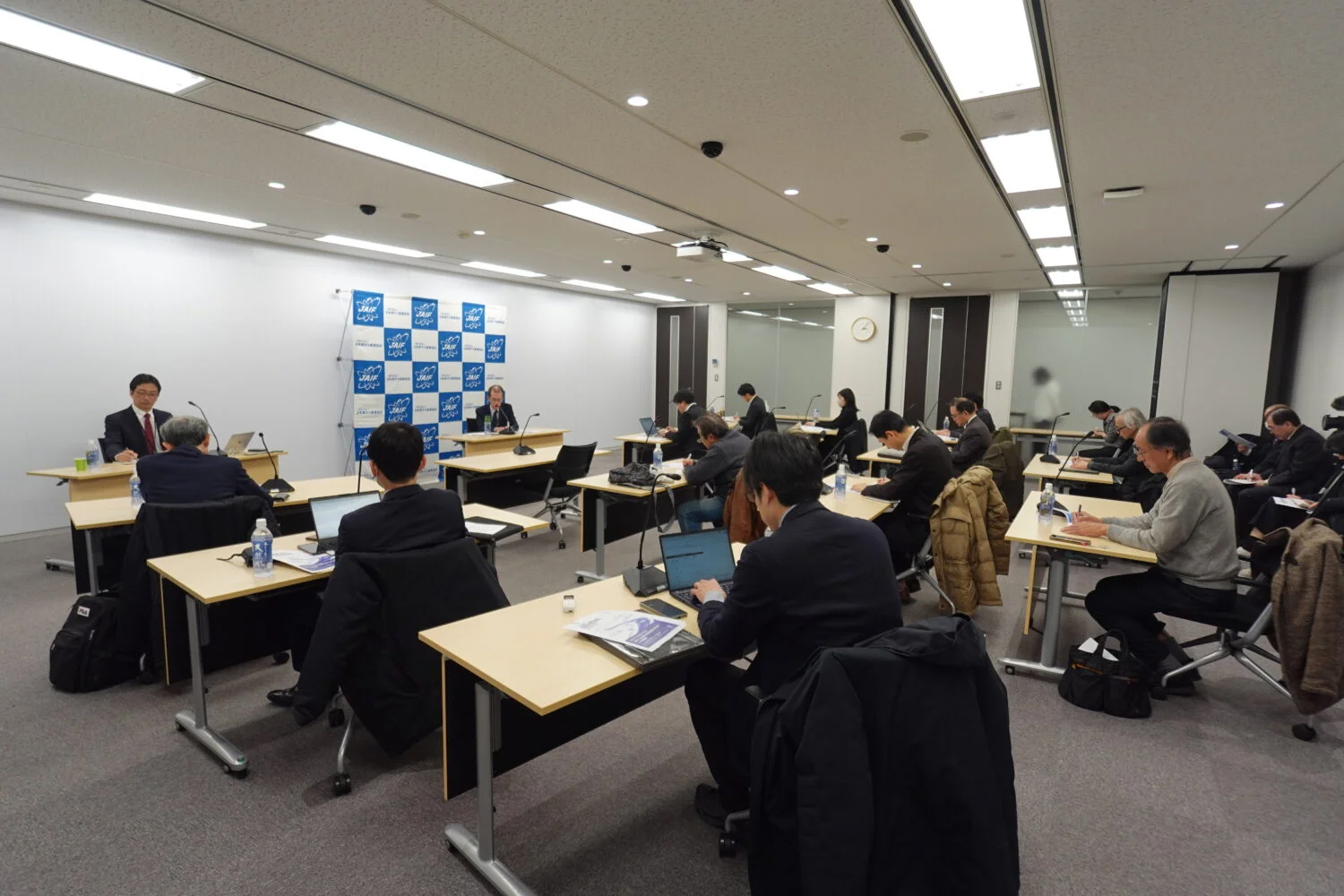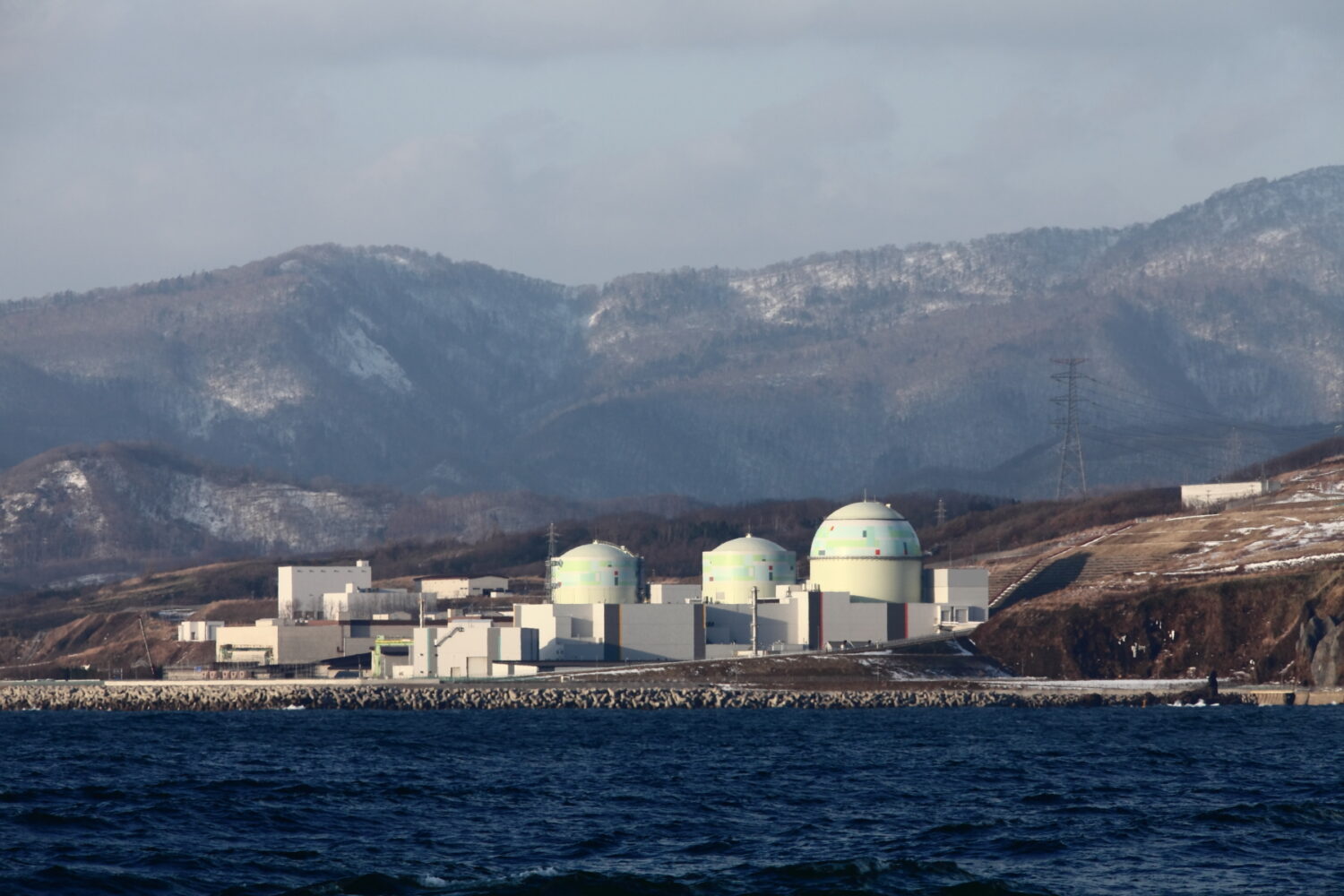The Japanese government wants to limit the scope of power companies’ liability for compensation when nuclear accidents occur, so as to create an environment in which such companies can realistically continue their nuclear business. Deliberations may run into problems, however, as the revision is bound to increase the national debt burden.
Its members are to be selected from among experts and specialists in the fields of compensation and insurance, the working group is to be established soon, and could also include representatives from citizens’ organizations.
The focus will be on clarifying exemption conditions for the power companies, including natural disasters, and on how compensation would affect the national debt burden. Another matter to be taken up is lowering the current insurance limit of JPY120 billion (around USD1.02 billion).
Under the current system, Japanese electric power companies may be exempted from paying compensation only in cases of “abnormally large natural disasters or social upheavals,” but there is otherwise no upper limit on their liabilities.
Thus far, the amount of damage for which the Tokyo Electric Power Co. (TEPCO) has been held liable after the 2011 accident at its Fukushima Daiichi Nuclear Power Station — that is, non-exempted amounts — exceeds JPY5 trillion, or around USD42.5 billion. The tsunami itself, which was the main trigger of the accident, is not considered “an abnormally large natural disaster” in Japan.
Although the Japanese government has been discussing revisions in the Law on Compensation for Nuclear Damage since June 2014 at a conference involving senior vice ministers of relevant agencies and ministries, there has been little progress. The agencies and ministries need to coordinate their activities, so the government has decided to leave deliberations with the JAEC.
The country’s power companies, anticipating intensified competition after the full deregulation of the power market, have long asserted that they cannot maintain nuclear power plants without radical revisions to the law. On the other hand, the Ministry of Finance and others have been very cautious about the use of national funds in such a way.

























-013.jpg)

-049.jpg)
.jpg)






